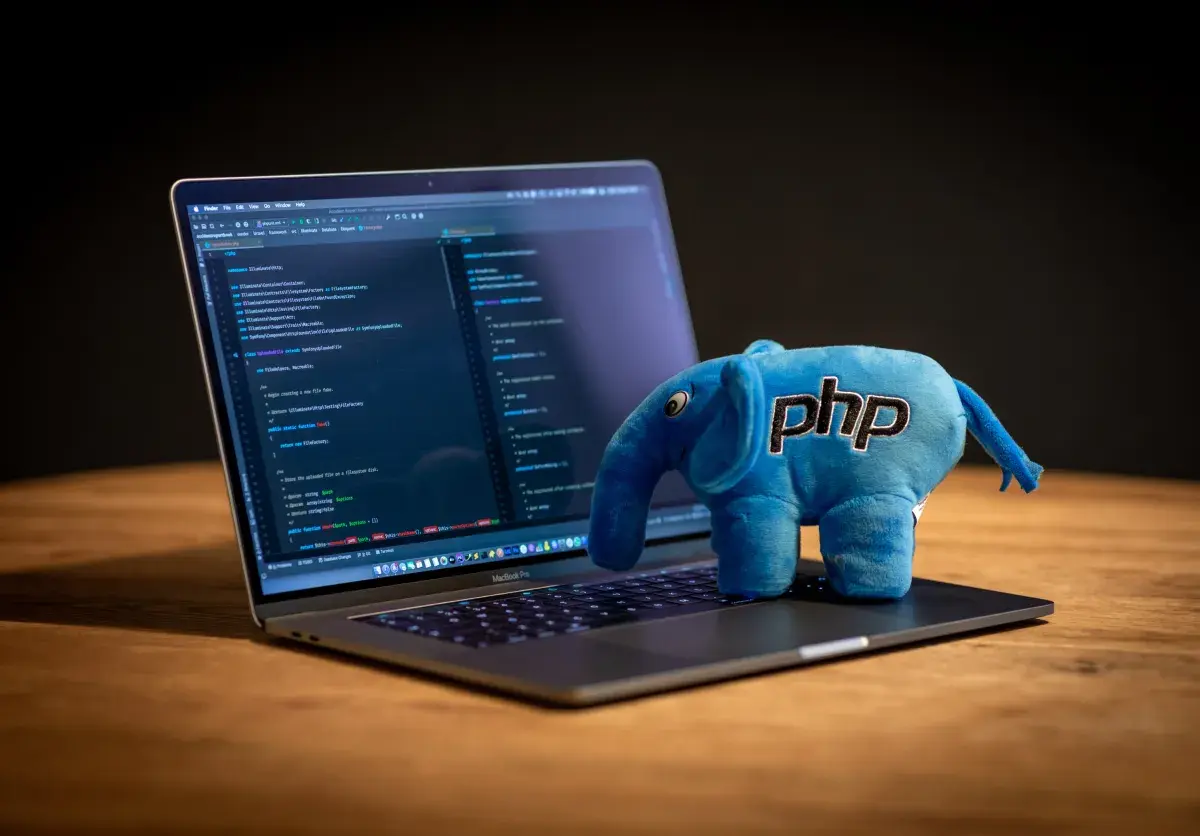News Blast: Your Daily Update
Stay informed with the latest news and trends.
PhPHP: When Code Meets Coffee
Unlock the perfect brew of code and coffee! Join us as we dive into tech tips, coding tricks, and caffeine-fueled creativity.
Understanding PHP: The Foundation of Dynamic Web Development
Understanding PHP is essential for anyone looking to delve into the world of dynamic web development. PHP, which stands for Hypertext Preprocessor, is a powerful server-side scripting language designed to create interactive websites. Many popular content management systems, such as WordPress and Joomla, are built using PHP, showcasing its versatility and robustness. With the ability to integrate seamlessly with various databases, PHP allows developers to build applications that can fetch, manipulate, and display data in real-time, providing an enhanced user experience.
One of the key features of PHP is its ease of use for beginners. Developers can quickly learn PHP syntax and start building applications without getting bogged down by complex programming concepts. Additionally, PHP supports a wide range of frameworks, such as Laravel and Symfony, which help streamline development processes and improve code organization. As a result, understanding PHP opens up countless opportunities for web developers to create dynamic, efficient, and scalable websites that meet the needs of businesses and users alike.

Brewing the Perfect PHP Code: Tips for Developers
In the world of software development, brewing the perfect PHP code is akin to crafting a fine brew; it requires the right ingredients and careful attention to detail. To start, developers must ensure they have a deep understanding of the PHP language and its frameworks. This includes mastering essential concepts such as object-oriented programming, error handling, and data structures. Additionally, developers should incorporate best practices such as writing clean, readable code and utilizing version control systems like Git. This foundation allows for a more efficient and collaborative coding process, significantly enhancing the quality of the final product.
Moreover, embracing modern PHP standards can drastically improve the performance and security of applications. Here are some tips for developers to consider:
- Utilize autoloading to manage dependencies with ease.
- Implement proper validation and sanitation of user inputs to prevent security vulnerabilities.
- Regularly profile and benchmark your code to identify bottlenecks and optimize performance.
- Stay updated with the latest PHP versions to leverage new features and improvements.
By following these guidelines and continuously learning, developers can refine their coding skills and consistently brew high-quality PHP code that stands the test of time.
Common PHP Mistakes: How to Avoid Them and Improve Your Coffee-Fueled Coding Sessions
When it comes to PHP development, even seasoned programmers can fall prey to common PHP mistakes that hinder productivity and lead to frustrating debugging sessions. One of the most frequent pitfalls is neglecting to validate user inputs. By failing to sanitize inputs, developers leave their applications vulnerable to security threats like SQL injection and XSS attacks. To combat this, always ensure that you utilize functions such as filter_var() for input validation and htmlspecialchars() for escaping output. Additionally, downloading and integrating libraries without reviewing their documentation can also introduce errors; hence, investing time in understanding how each component works is critical for a smoother coding experience.
Another common mistake involves ignoring error reporting settings in PHP, which can help identify issues during development. By setting your error_reporting level to E_ALL and enabling display_errors, you create a proactive environment to catch and fix errors early on. Combining these strategies with regular code reviews and peer programming can significantly enhance your coding sessions. Remember, every hour spent troubleshooting can lead to hours saved in the long run, allowing you to focus more on your coffee-fueled coding sessions and less on fixing avoidable mistakes. By implementing these best practices, you will not only avoid common PHP mistakes but also improve the overall quality of your code.